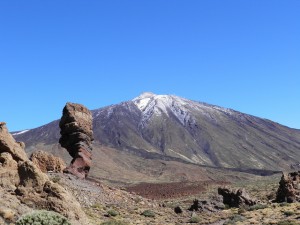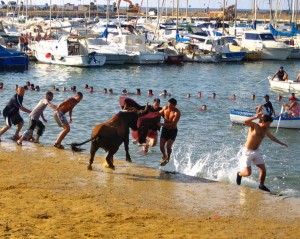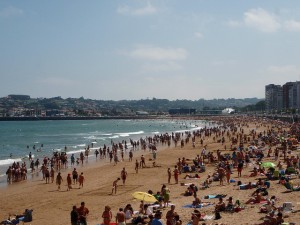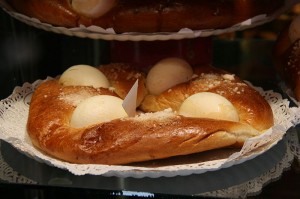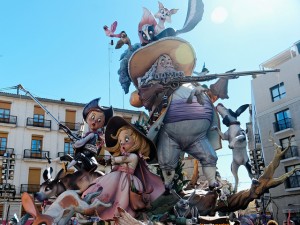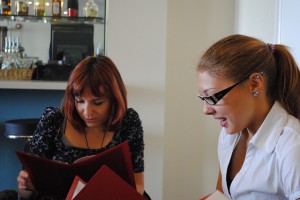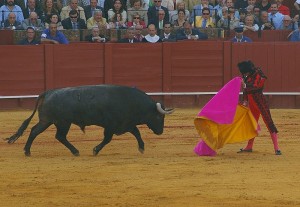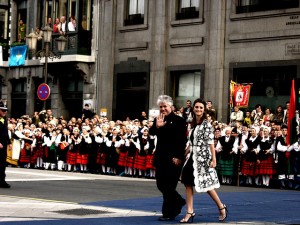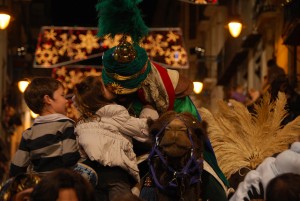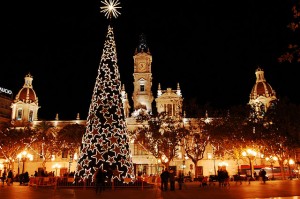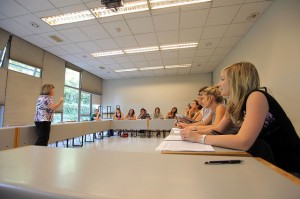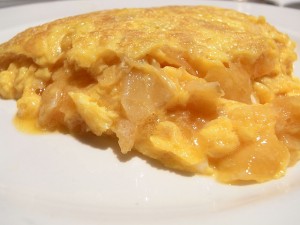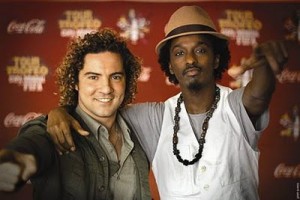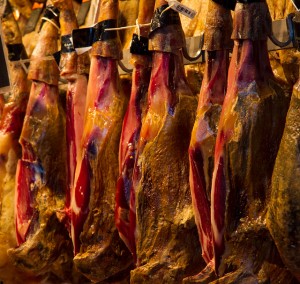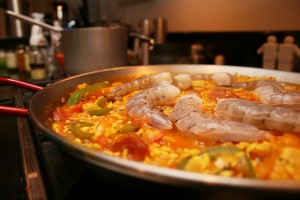The island of Tenerife is a place where students from the Spanish school have a great offer of activities to undertake. Here we leave you a series of pieces of advice to never get bored on this big island:
- • Go for a walk in Santa Cruz de Tenerife, the island capital, and discover its different cultures, its monuments, and talk with the people.
- • Go to the Parque Nacional del Teide and climb up to the top of the volcano, which is the highest point in Spain, 3.718 meters high, and the landmark of the city. It is the most emblematic natural monument of the Canary Islands, where you can enjoy beautiful landscapes and a great fauna and nature. It is without a doubt an excursion you need to do during your stay in the city.







